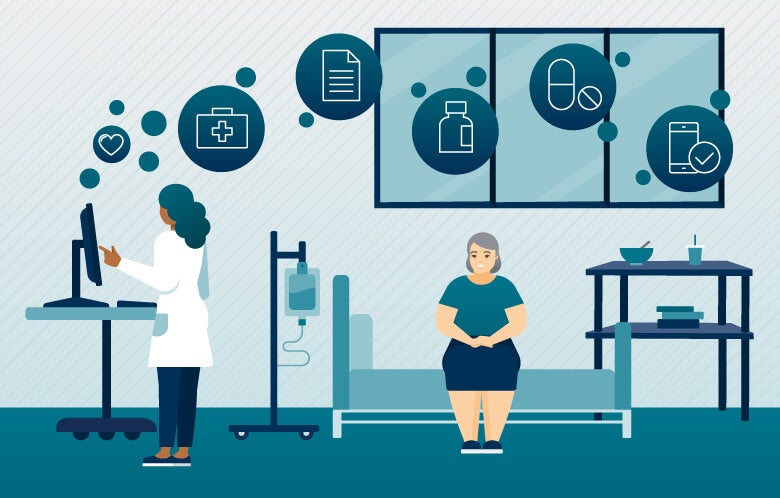October 15-21, 2023 is National Pharmacy Week, a time to recognize the contributions that pharmacists and pharmacy technicians make to patient care. Recently, the Food and Drug Administration (FDA) approved several change designations from prescription to over the counter (OTC), broadening the types of nonprescription drug products available to consumers. Pharmacists play a key role facilitating the safe and appropriate use of these medications to the patients who need them.
The most recent example of prescription to OTC switch occurred in July 2023, and pharmacists are key in the safe and effective transition of this medication. In July, the FDA approved norgestrel (Opill), the first daily oral contraceptive for OTC use in the United States.
Pharmacist’s Role in Patient Education for Safe and Effective Medication Use
About 95 percent of the U.S. population lives within 10 miles of a community pharmacy and estimates suggest that the general population visits a community pharmacy almost nine times as often as they see a primary care provider. This suggests that many patients may have greater access to discuss the details of their medications with pharmacists.
When medications no longer require a prescription, pharmacists and pharmacy technicians in the community must be equipped to discuss crucial health and safety information about OTC medications, including drug interactions, adverse effects, and the importance of adherence.
Prior to the FDA granting approval for any switch in prescription status, pharmaceutical companies are required to submit patient medication information that will be included on the drug label to give patients vital information on how to use the medication safely and effectively. However, drug labels need to be understood in the context of individuals’ health status and priorities if they are to be useful for making informed decisions. With a public-facing role, pharmacists are well positioned to help patients to understand the “small print” and address patient questions and concerns.
Although OTC medications are not limited to pharmacies and may be sold at other retail locations, including convenience and grocery stores, pharmacies are the go-to location for many patients for good reasons. Pharmacists are equipped with a current medication profile for each patient at their preferred community pharmacy, which is crucial for identifying potential drug interactions. Pharmacists can highlight important information to ensure patient eligibility for the medication, understanding about how to take it, what to do in case of missed doses, and when to contact a physician or emergency facility.
Pharmacists in the Medication Publishing Group at DynaMed review and maintain drug information across all clinical specialties in the database. Additionally, our ongoing collaboration with Merative combines the power of DynaMed with Micromedex into one seamless clinical decision support solution. So, providers across the care spectrum – including pharmacists – can help patients make the best evidence-based decisions for their health.
As we recognize pharmacists during Pharmacy Week, we acknowledge that their contributions to public health and safety are more important than ever.



